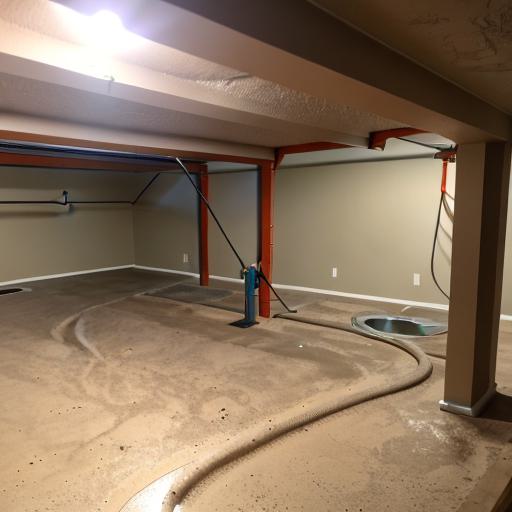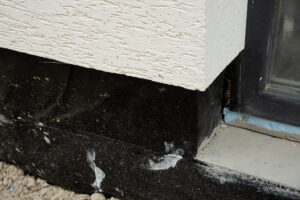A sump pump is a valuable investment for people who live in areas that are prone to flooding after heavy rainfall or have a high-water table. It is a device that is installed at the lowest point in your house such as the basement or crawl space. The main purpose of a sump pump is to extract water that rises from the ground once it reaches a critical level. This ensures the basement is dry at all times and prevents any chances of flooding inside or around your home’s foundation. In this article, we will be discussing everything you need to know about a sump pump and why it is important to have it installed in your home.
How practical is a sump pump?
A sump pump is installed in a hole dug in your basement called the sump pit which is designed to collect the water rising from beneath the ground. A float switch is a device connected to a rod that extends into the sump pit. Its purpose is to turn the sump pump on and off once it reaches a certain point. The sump pump is connected to a discharge pipe that carries water away from the sump pit to a designated location away from your home’s foundation.
The centrifugal pump that extracts water is either powered by electricity or a battery. The impeller inside the pump rotates once the float switch detects a rise in water level. This creates a vortex that draws water into the pump which is then channeled outside the house through a discharge pipe.

What do you need a sump pump for?
Why do I need a sump pump?
- If you live in an area with a high-water table
A water table refers to the level at which the ground is saturated with water. An area with a high-water table can pose a greater risk for your home’s foundation because it can cause water to seep into your basement. This happens due to the constant water pressure that forces water through cracks in the floor or walls, resulting in a flooded basement. A sump pump can help you deal with a high-water table by extracting water from the ground once it reaches a certain level.
- If you live in areas with lots of rainfall
An area that receives heavy rainfall can increase your risk of basement flooding. It can increase water saturation in the soil around your home, causing high water pressure that forces its way through the cracks in the walls or basement floor. This can result in a flooded basement which causes more damage to the foundation if it isn’t addressed sooner. Installing a sump pump can help you deal with excess water caused by heavy rainfall.
- If you have poor drainage around your home
A sump pump can help keep your home’s foundation dry if you are dealing with poor drainage problems. A ground that is not well-drained increases the chances of water from the ground pooling around your home. A sump pump can help you clear the excess water as you work on solving the drainage problem. If you have poor drainage around your home, it is also important to improve your landscape by letting it slope away from the house rather than towards it.
- If you have foundation problems
A home with foundation problems such as cracks or settling can suffer from water leakages and a flooded basement. Water from beneath the house enters the basement through these cracks, causing serious flooding. Damaged gutters and downspouts can cause water to pool around your foundation. A sump pump can help you get rid of excess water as you work on solving issues that cause more damage to your foundation.
- To prevent mold and mildew infestation
Mold grows rapidly in an environment that is wet and humid. A leaking or flooded basement is one of the areas you are likely to find mold because it provides a conducive environment for it to grow. The best way to solve this problem is to keep the basement dry at all times by getting rid of excess water or moisture. A sump pump can help prevent a mold problem by extracting excess water from below that could create a perfect environment for mold.
Even if you don’t live in an area that receives a lot of rain or has a high-water table, you may still need a sump pump for any other situations listed above. Excess water seeping into the basement can cause a lot of damage to your property which can either be destroyed by excess water or a mold problem. Installing a sump pump keeps the area beneath your foundation dry to ensure your home is structurally sound from the ground up.



